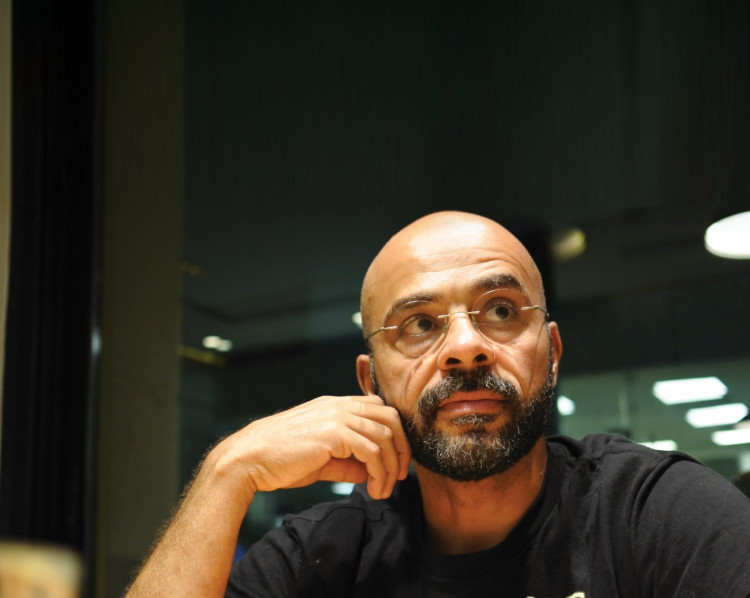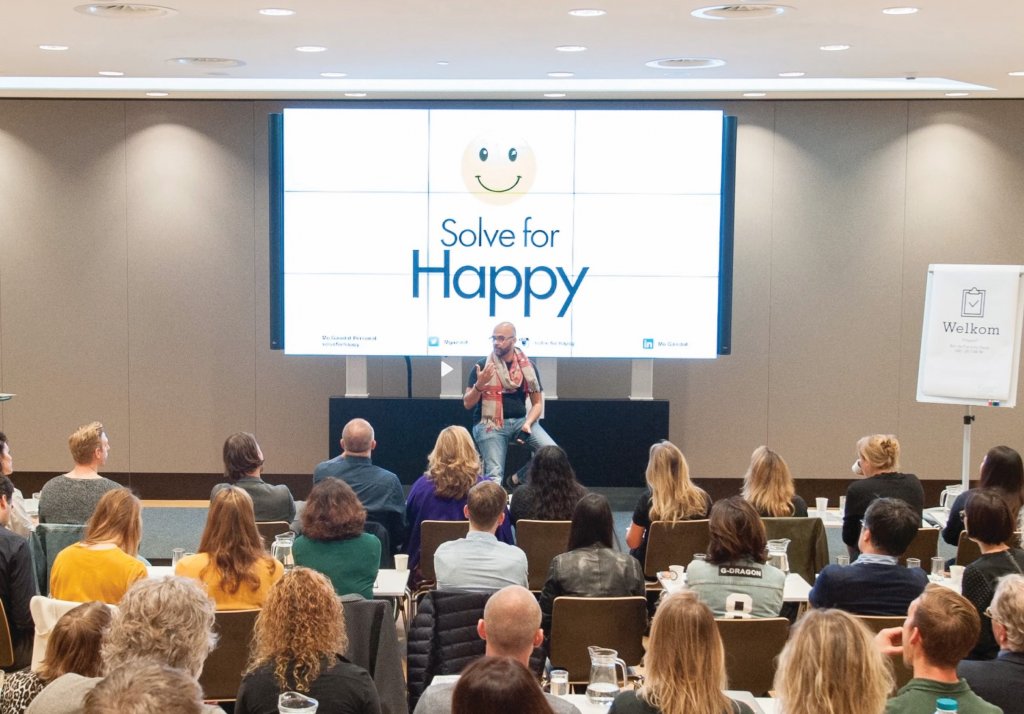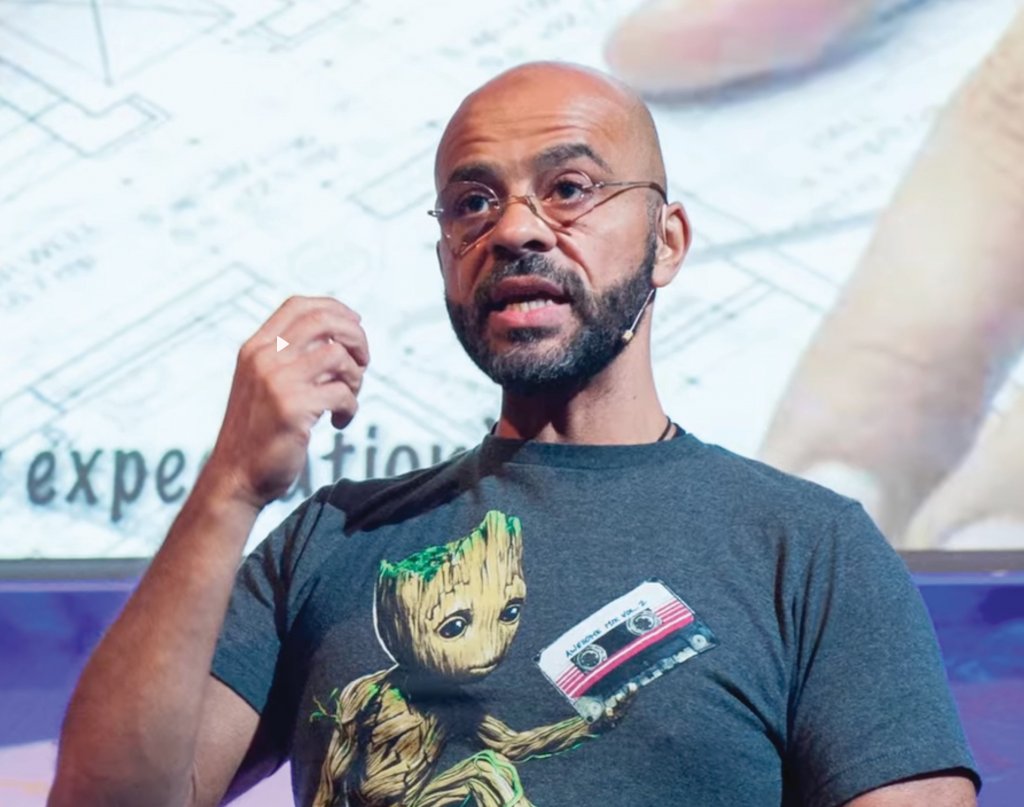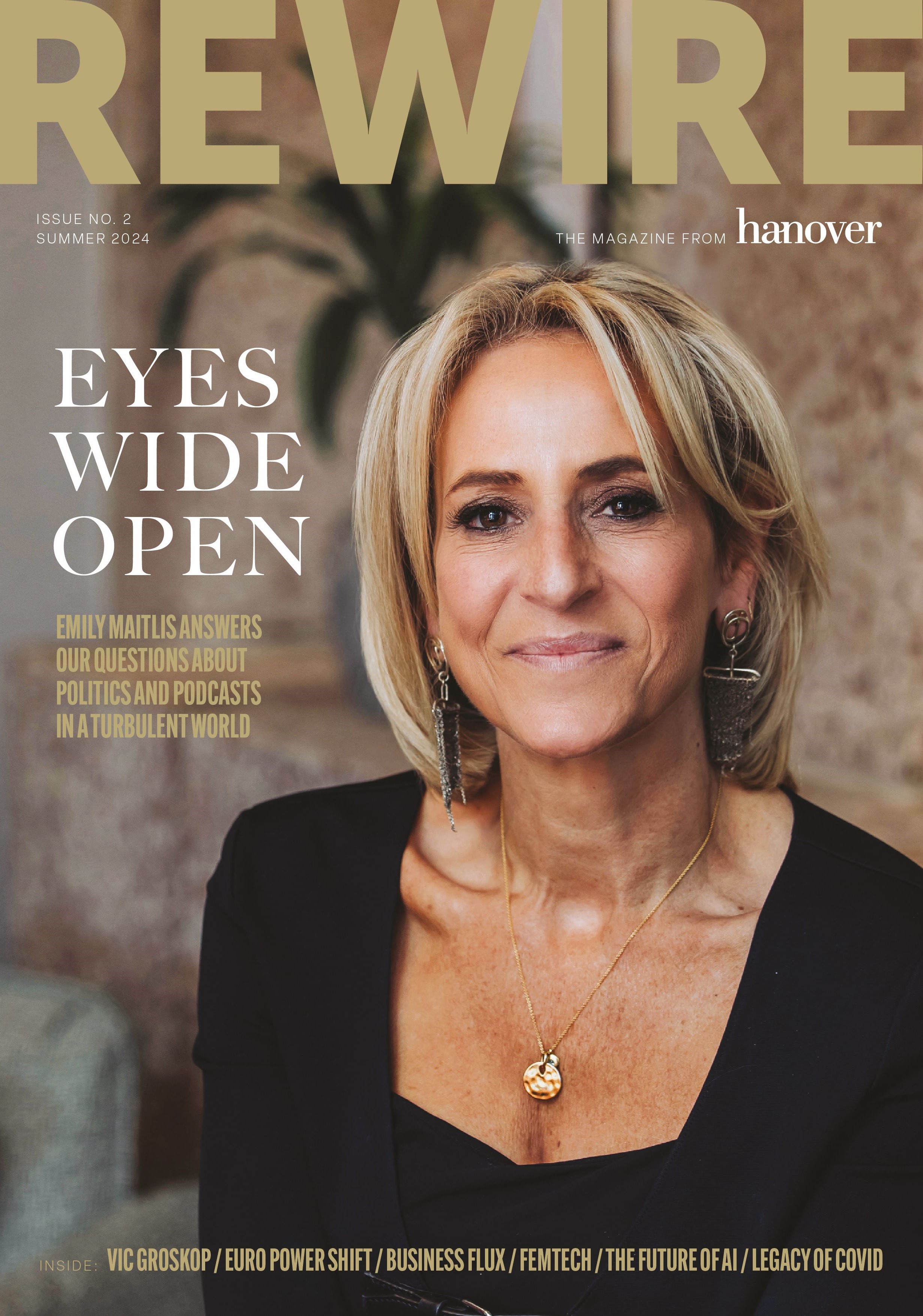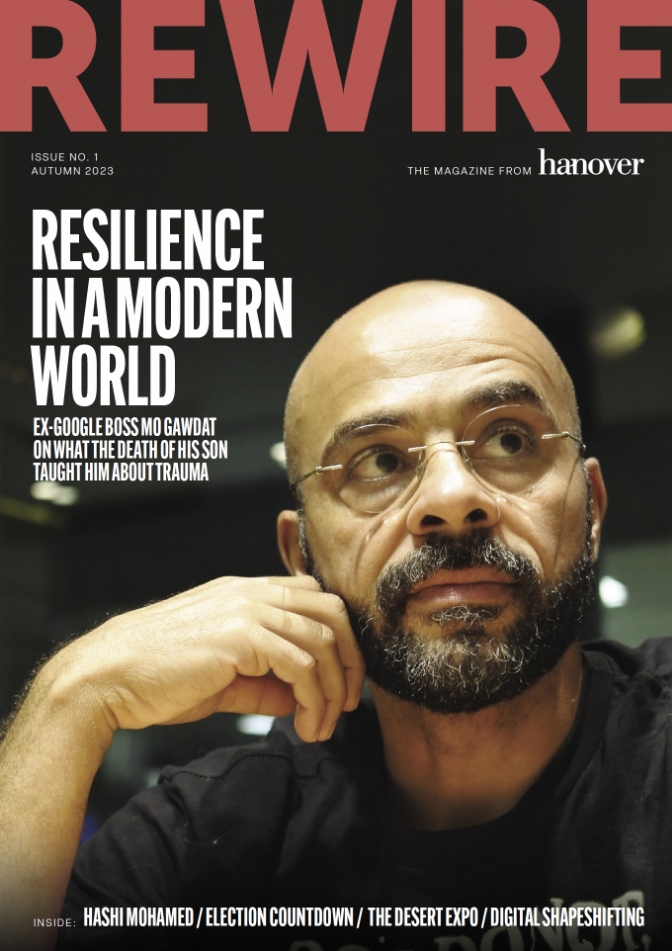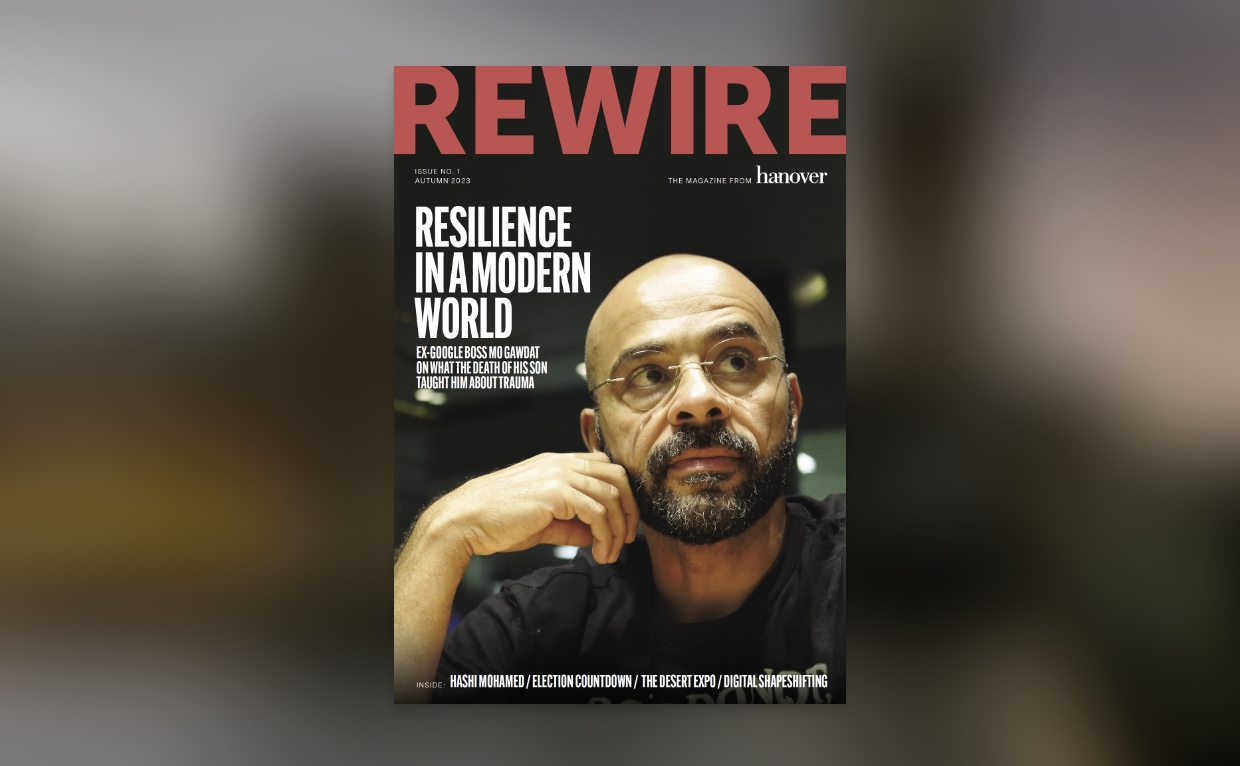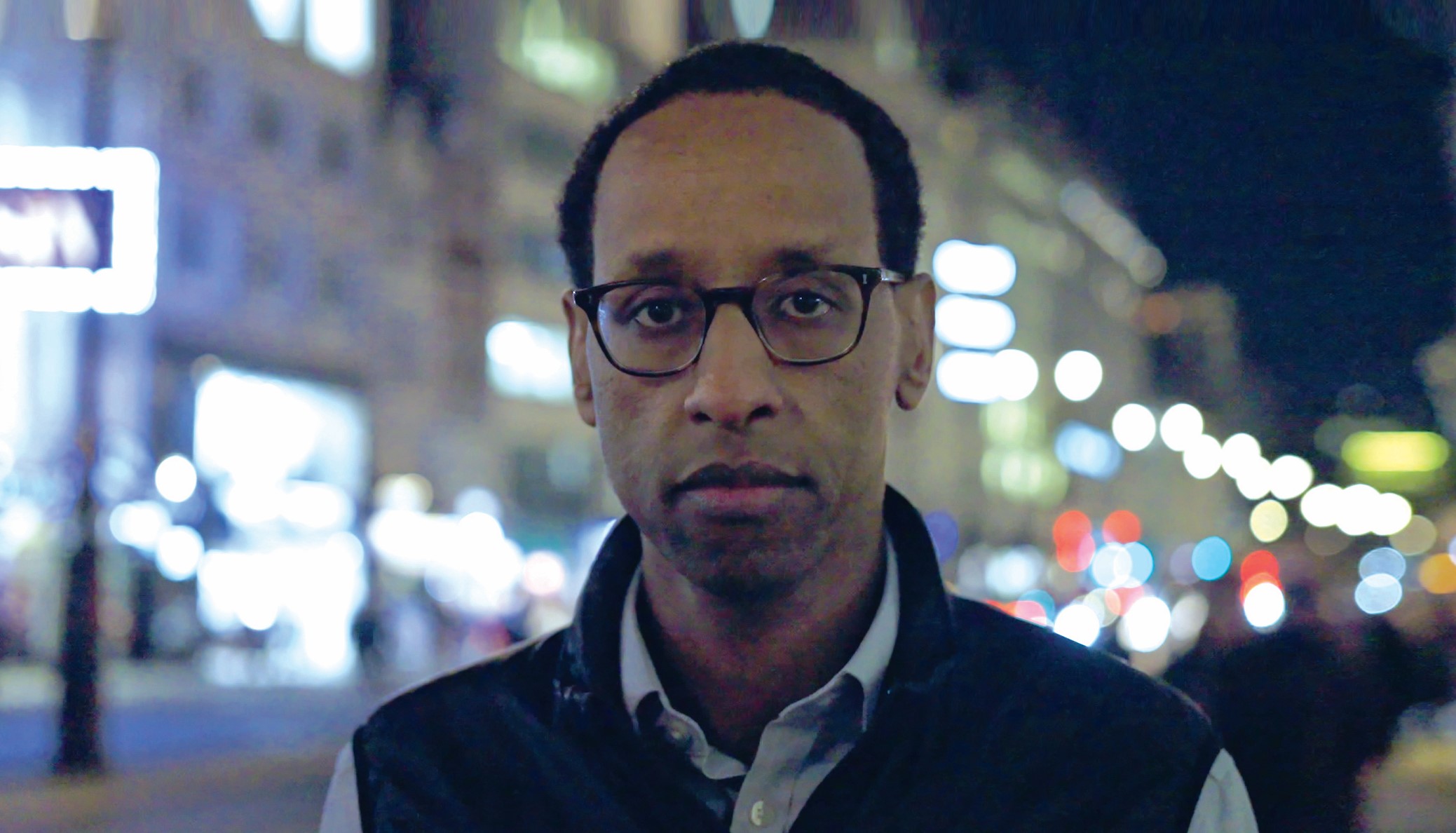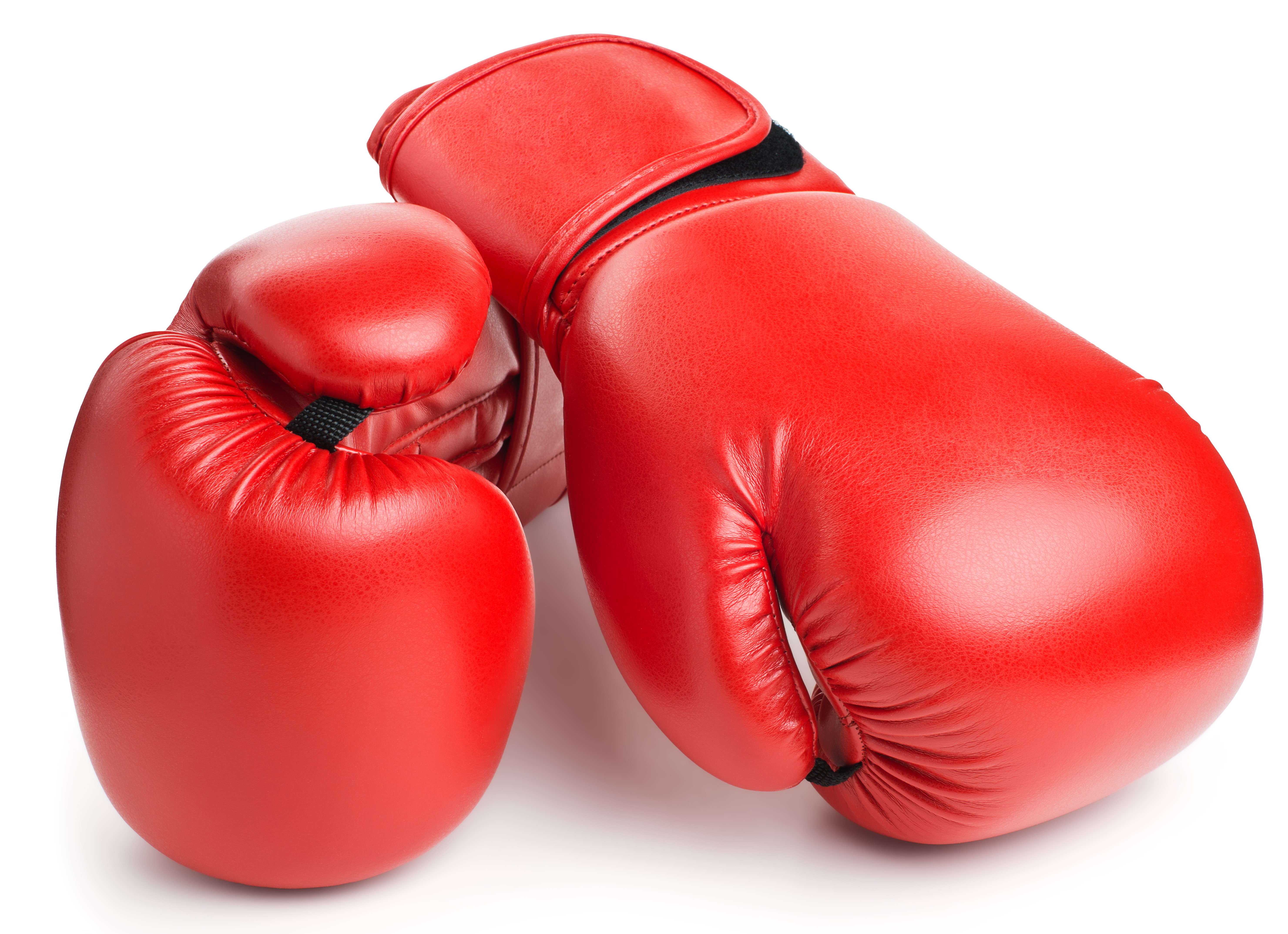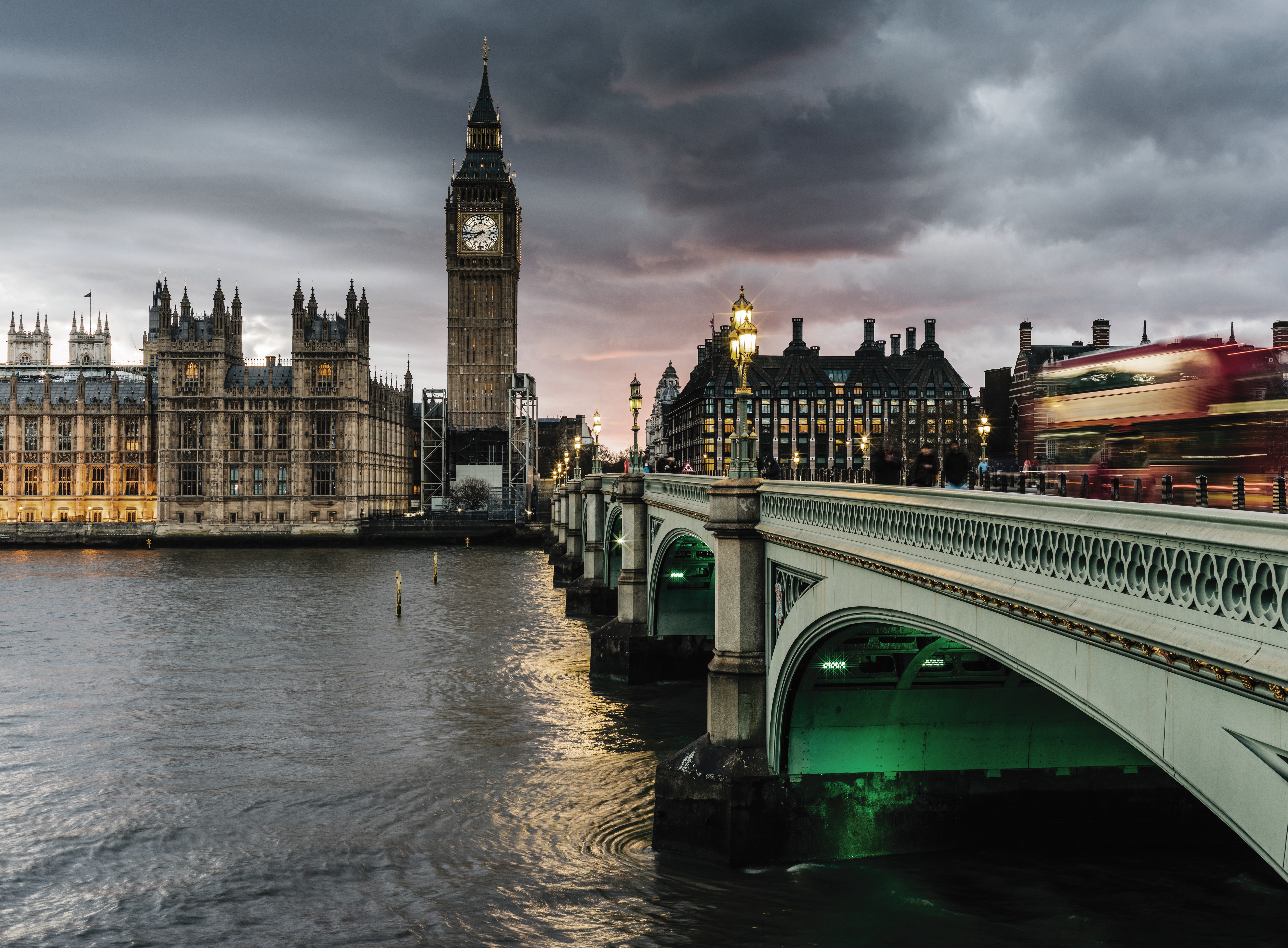I was born in the East, but did most of my studies and work in the West. The world is becoming smaller but there remains a significant difference in approach to human health and wellbeing between the two.
In the West, we prioritise two values – the individual and freedom – while the East focuses on two very different areas – respect and community. These latter choices are key to building resilience
While you may not be able to last in a difficult environment on your own, a community will always take care of you. Humans are top of the food chain because we work in teams, because we surrounded ourselves with tribes that support our efforts to grow, to progress. It is in our instinct to feel safe in tribes; when alone, we are so much more fragile, much less resilient.
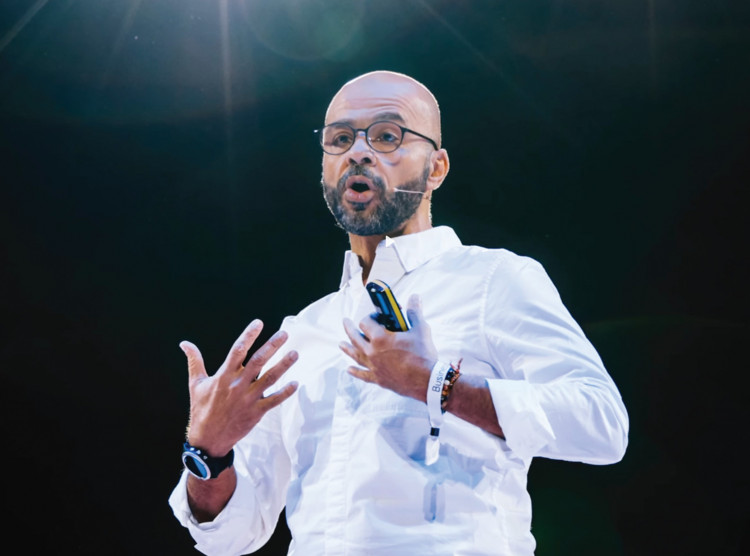
There are two elements to resilience. The first is to be able to face challenges in a robust manner, and the second, which is not often said, is to avoid those challenges in the first place. A large part of resilience is to find ways to free your life from unnecessary stress.
This is what the community I have started, unstressable.com, is about. We’re attempting to take a million people out of stress every year. This is the most effective way of building resilience. Stress will dominate your mind, draining you mentally, physically, emotionally and spiritually. Stress is not just about meeting the challenges you are already aware of, but finding the skills, knowledge and learning to remove them from your focus.
If I can teach you to manage through the stress and build up your strength so that these issues do not present as stress in the future, then you will become stronger and begin to enjoy these challenges. You will then have a mindset that welcomes the challenges life throws at you – another economic crisis? Interesting. We survived the last one and the one before that, so we’re going to survive this one. There is something in resilience in accepting your limits. My son died eight years ago and even today I am not prepared for it. It shakes me to my core. When I think deeply about the approach I should take, there is nothing I could do. It is an incredible shock, as a highly paid executive who’s paid to solve problems, that I had to realise that I couldn’t do anything. That life had forced me to find a new baseline for stress, for trauma.
This is not a sign of weakness, but instead one of strength, right? So I’m going to accept it, and then commit to do my absolute best to make my life and those around me better. In terms of my son, I start to look at how I can keep his essence alive.
When you do this, two interesting things happen. One, you’re no longer in negativity, you’re engaged on something more important. And two, the world becomes better as a result. I have an experiment in my book called the Eraser Test, which looks at the positive impact that comes from the trauma in our life, and how, therefore, most of us would not go back and change the trauma, knowing the benefits that will come later. For example, if you erase the bully you faced in school, you might not be as strong as you are today.
"I had to realise that I couldn't do anything. That life had forced me to find a new baseline for stress, for trauma"
In 2019, I was speaking at a conference in the Netherlands. And the host, who was my friend, said, “Mo, so you have an experiment in your book, that’s called the Eraser Test…” And he said, “would you erase the death of Ali?” And I wouldn’t. As much as my heart doesn’t agree.
My heart wants him back. But since Ali left, we’ve reached more than 50 million people, literally, with people taking action, changing their lives, finding a better path to happiness. And I know my son. I know that if I had told my son before he went into that operating room, that he would leave the world and 50 million people would improve their life as a result, he would have said ‘kill me now’.
Turning life, turning challenges into positives. That’s the ultimate form of resilience.
